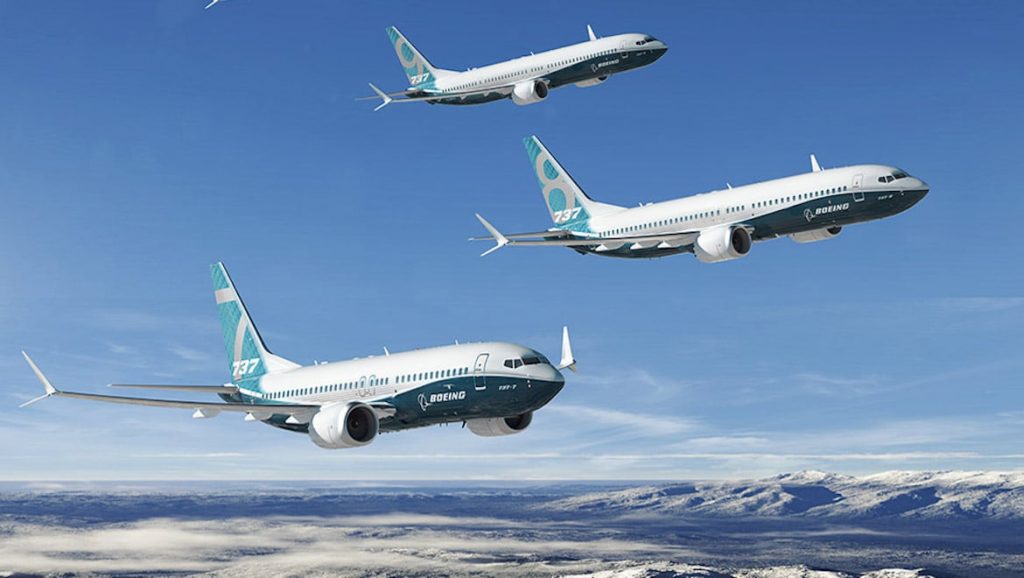
Boeing is facing even more woes, as two major airline customers, American Airlines and Southwest Airlines, have both deferred and cancelled upcoming orders on its embattled 737 MAX jet.
American has announced the deferral of 18 MAX jets that were scheduled for delivery in 2021 and 2022. The airline has tentatively said it will now take the aircraft over 2023 and 2024.
Chief financial officer for American Derek Kerr said there would need to be a “substantial improvement in the demand environment” to justify taking delivery of any of the jets prior to 2023.
Southwest Airlines, the largest MAX customer, has also said it may further restructure its order, after recently agreeing with Boeing to take delivery of no more than 48 aircraft through to December 2021.
Southwest CEO Gary Kelly said both the delivery schedule and the price of the airline’s order are to be negotiated.
“In this world that we’re living in, we’re talking to them about everything. I’m not happy that the MAX has been delayed for now getting close to two years and we still don’t know when we’ll have it in service,” Kelly said.
“We’re looking at the pricing in a whole new environment and obviously we need certainty around the MAX, period.”
American has stuck by its intentions to reintroduce the MAX to commercial service in December on its Miami to New York route, pending the imminent regulatory approval for the jet to return to the skies.
However, Southwest does not share the same optimism.
In light of the logistical challenges involved with re-introducing planes that have been grounded for over 18 months, Southwest doesn’t anticipate it will return its MAX jets to service until at least the second quarter of 2021.
In another blow to Boeing, Kelly has also recently been quoted saying the airline may reconsider its historical position as being an all-Boeing carrier, and a future order of the smaller Airbus A220 model may be in the works.
When asked about the matter, Kelly said, “The only thing I would willingly admit is if there were ever a scenario to make a change in aircraft type it would be now. We’re not desperate to grow the airline and we may not be for a long time.”
Both Boeing and European rival Airbus have suffered an unprecedented number of order deferrals and cancellations in light of the COVID-19 pandemic, and subsequent plummet in demand for international travel.
However, the 737 MAX’s prolonged grounding, following two fatal crashes of the aircraft that killed 187 people in total, have made Boeing that much more vulnerable, according to Bloomberg.
Over 1,000 737 MAX aircraft alone have been removed from Boeing’s backlog so far this year, due to outright cancellations or delayed deliveries that are unlikely to be filled.
Currently, there are 3,357 MAX jets on order, however future cancellations could see this number drop.
According to Bloomberg, Boeing’s debt load has jumped to US$61 billion thanks to its pandemic fundraising efforts, up from US$28.5 billion at the start of the year.
The 737 MAX is due to return to commercial service within weeks, with both the US Federal Aviation Administration and the European Union Aviation Safety Agency stating regulatory approvals are due to be confirmed in November.










